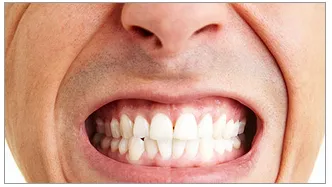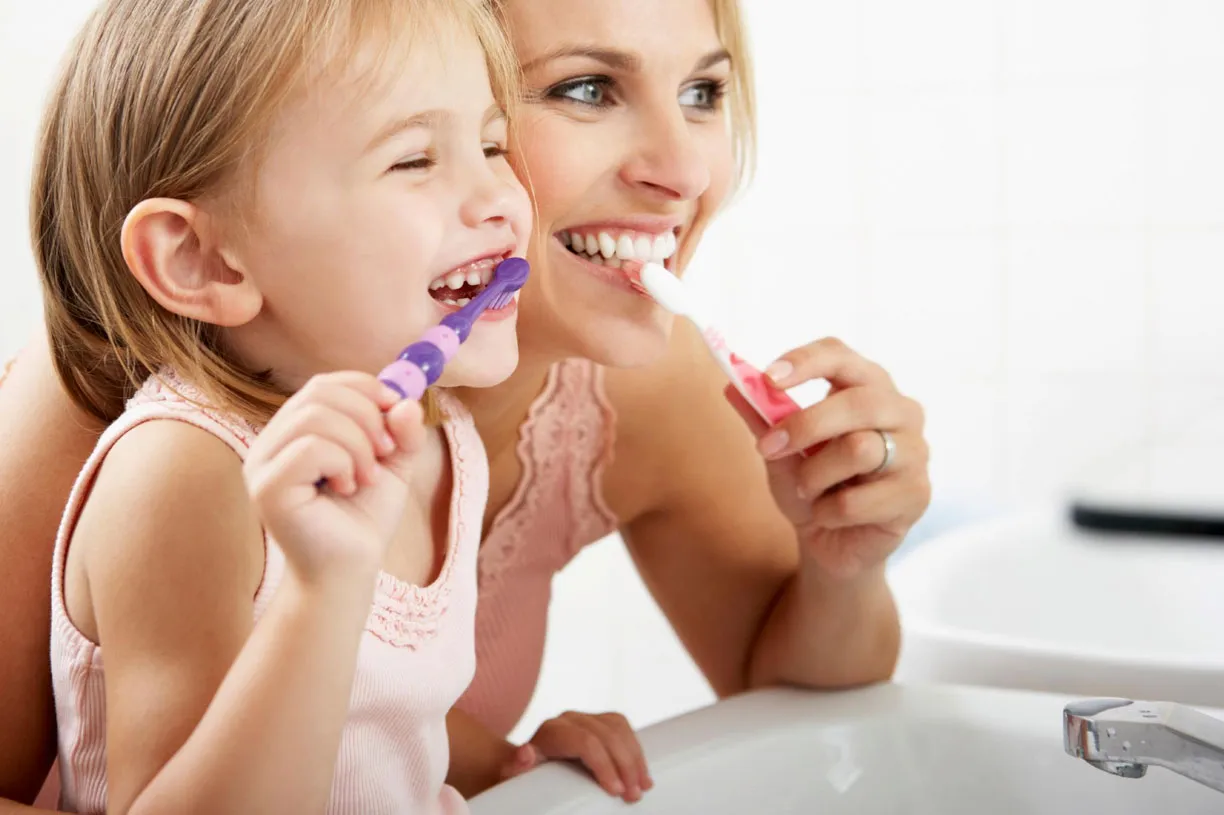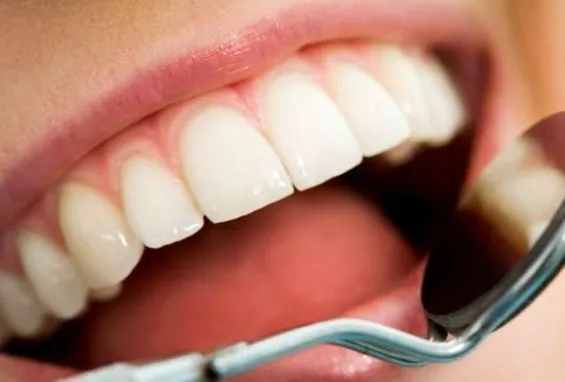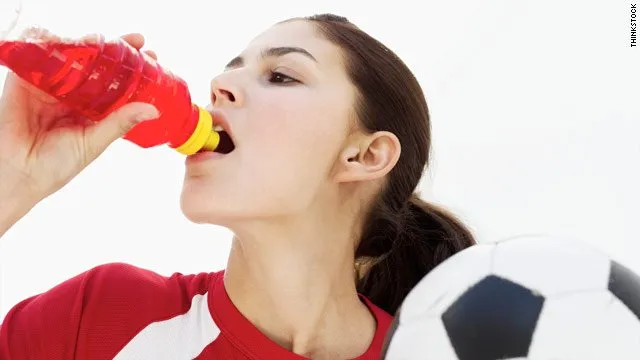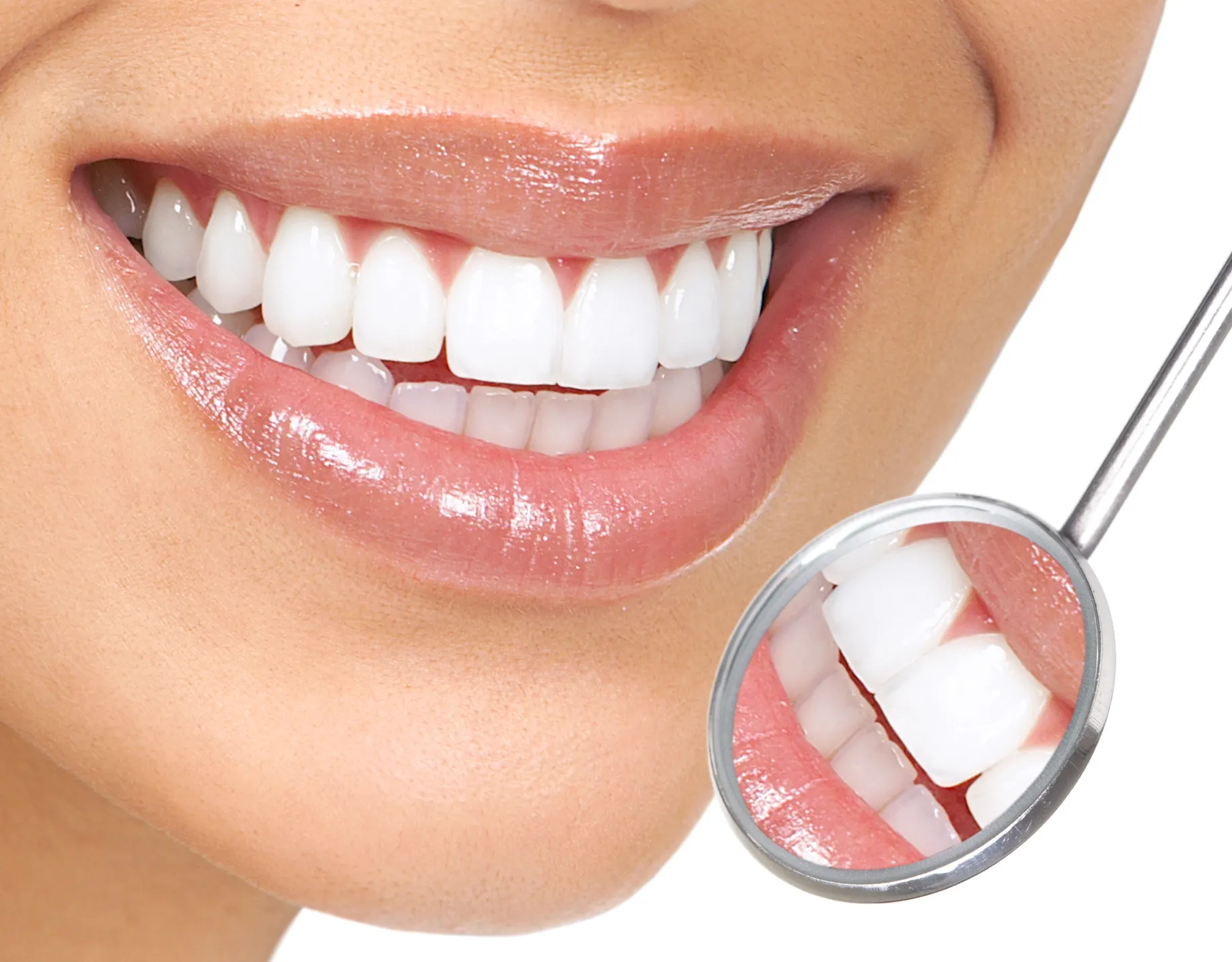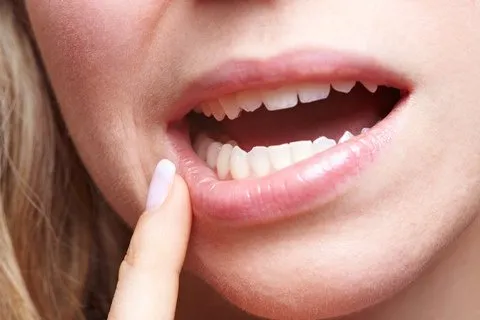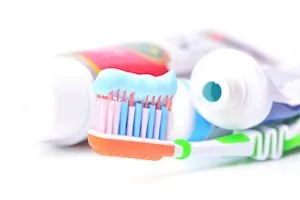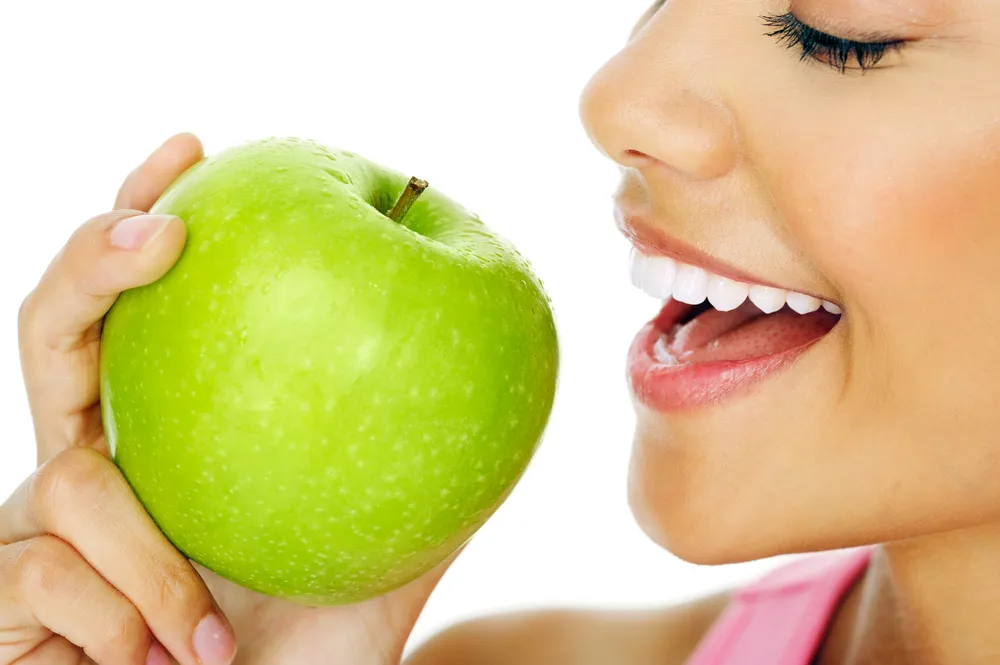Aging and Dental Health
Good oral health habits and a healthy lifestyle can help you keep your gums healthy and your smile bright for a lifetime. The age of your teeth depends on how well you have cared for them over the years. Developing a simple daily routine of brushing, flossing and eating a balanced diet with plenty of fruits and vegetables is even more important as we age. Poor dental hygiene and lack of dental care can lead to pain, infection, bad breath, difficulty eating, and social isolation. Dental concerns for seniors Cavities – In older people, these are found not only in the crown (chewing surface) of the tooth, but also in the root, which may become exposed due to gum recession. Regular dental check-ups are the best way to find and treat dental caries; left untreated, they can cause pain, require more complex procedures, and eventually lead to lost teeth. Gum disease – It is another major oral health issue faced by older people — and it’s presently the leading cause of tooth loss in adults. The disease is caused by plaque bacteria, which thrive on the sticky biofilm that clings to the surface of teeth when they aren’t properly cleaned. Poor-fitting dentures and the presence of certain diseases such as diabetes or cancer can make the problem worse. Sometimes, decreased mobility (due to arthritis or similar conditions) makes routine brushing and flossing more difficult. Special brushes with larger grips and floss holders can help make daily cleaning easier. Therapeutic mouth rinses may be prescribed. In-office treatments can also be effective in bringing gum disease under control. Oral cancer – Oral cancer is a concern at any age, but it’s more likely to show up in a person over 65. Early detection offers the best chance at controlling the disease, and improves survival rates significantly. A thorough screening for oral cancer should be a part of every older person’s routine dental check-up. Dry mouth – It can be harmful to your oral health. Aside from its lubricating qualities, saliva contains beneficial digestive enzymes, acid neutralizers, and bacteria-fighting agents. A number of factors may cause the body to produce less saliva than normal — but in older adults, this problem is often due to side effects from prescription or over-the-counter medications. If you’re experiencing chronic dryness of the mouth, it’s sometimes possible to change your medication, and/or use products designed to relieve these symptoms. Oral Hygiene for Life Regular dentist visits can do more than keep your teeth healthy — they can tell a dentist a lot about your overall health. Good oral health is essential to good overall health. The best way to achieve good oral health is to prevent disease through daily brushing and flossing and visiting your general dentist regularly.


